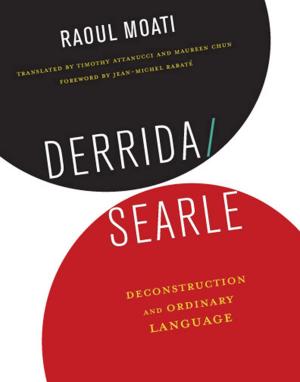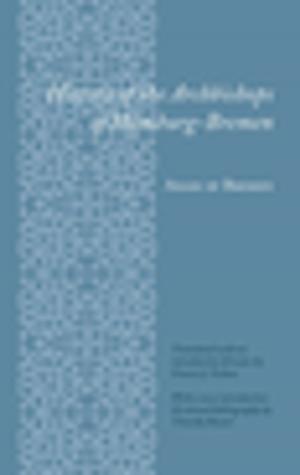| Author: | Omprakash Valmiki, Arun Prabha Mukherjee | ISBN: | 9780231503372 |
| Publisher: | Columbia University Press | Publication: | July 2, 2008 |
| Imprint: | Columbia University Press | Language: | English |
| Author: | Omprakash Valmiki, Arun Prabha Mukherjee |
| ISBN: | 9780231503372 |
| Publisher: | Columbia University Press |
| Publication: | July 2, 2008 |
| Imprint: | Columbia University Press |
| Language: | English |
Omprakash Valmiki describes his life as an untouchable, or Dalit, in the newly independent India of the 1950s. "Joothan" refers to scraps of food left on a plate, destined for the garbage or animals. India's untouchables have been forced to accept and eat joothan for centuries, and the word encapsulates the pain, humiliation, and poverty of a community forced to live at the bottom of India's social pyramid.
Although untouchability was abolished in 1949, Dalits continued to face discrimination, economic deprivation, violence, and ridicule. Valmiki shares his heroic struggle to survive a preordained life of perpetual physical and mental persecution and his transformation into a speaking subject under the influence of the great Dalit political leader, B. R. Ambedkar. A document of the long-silenced and long-denied sufferings of the Dalits, Joothan is a major contribution to the archives of Dalit history and a manifesto for the revolutionary transformation of society and human consciousness.
Omprakash Valmiki describes his life as an untouchable, or Dalit, in the newly independent India of the 1950s. "Joothan" refers to scraps of food left on a plate, destined for the garbage or animals. India's untouchables have been forced to accept and eat joothan for centuries, and the word encapsulates the pain, humiliation, and poverty of a community forced to live at the bottom of India's social pyramid.
Although untouchability was abolished in 1949, Dalits continued to face discrimination, economic deprivation, violence, and ridicule. Valmiki shares his heroic struggle to survive a preordained life of perpetual physical and mental persecution and his transformation into a speaking subject under the influence of the great Dalit political leader, B. R. Ambedkar. A document of the long-silenced and long-denied sufferings of the Dalits, Joothan is a major contribution to the archives of Dalit history and a manifesto for the revolutionary transformation of society and human consciousness.















